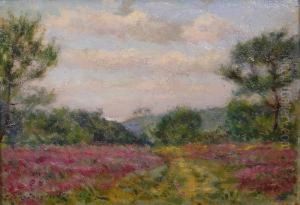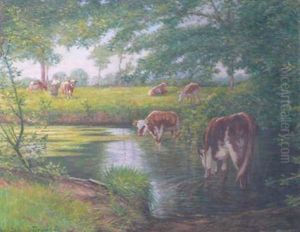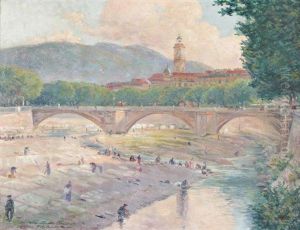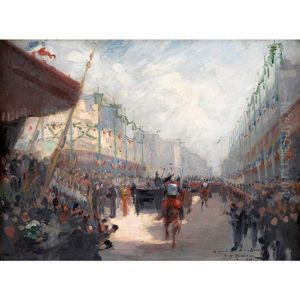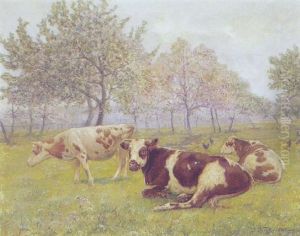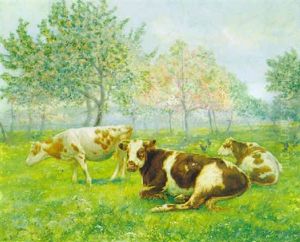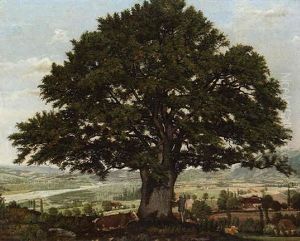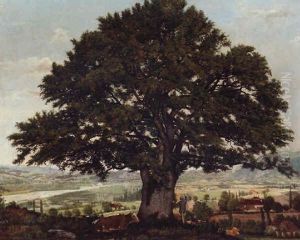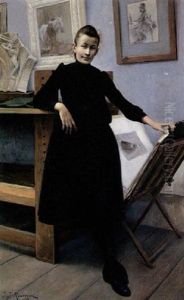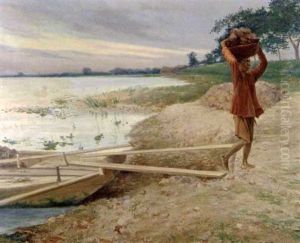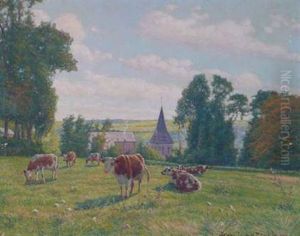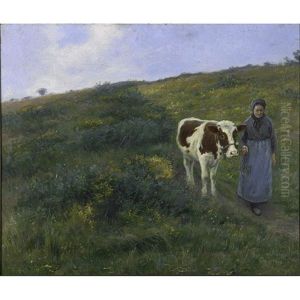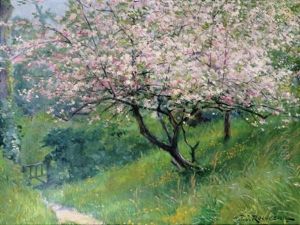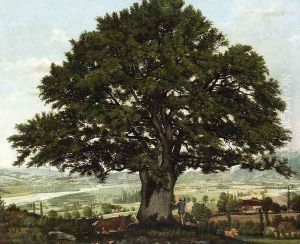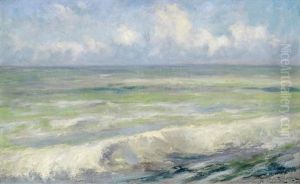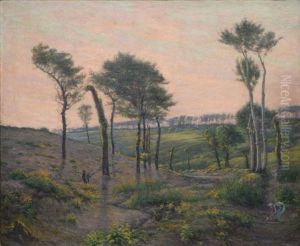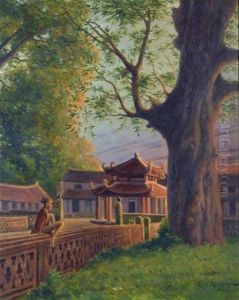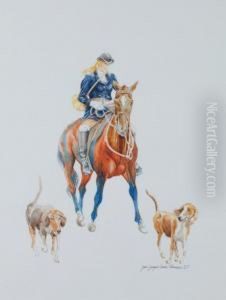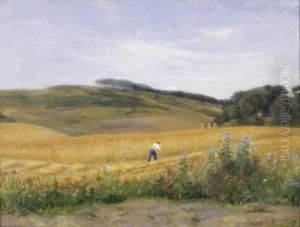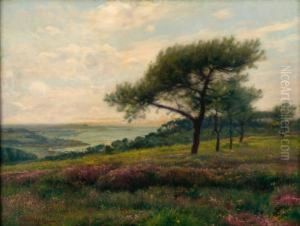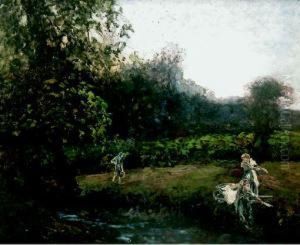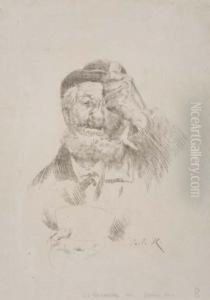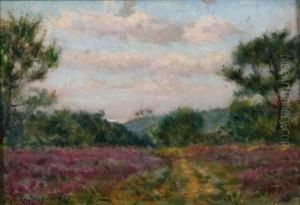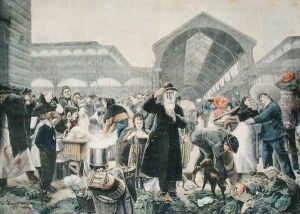Jean-Jacques Rousseau Paintings
Jean-Jacques Rousseau was a Geneva-born philosopher, writer, and composer whose ideas influenced the Enlightenment across Europe as well as aspects of the French Revolution and the overall development of modern political and educational thought. Although not primarily known as an artist in the traditional sense, his work in various fields had a significant impact on the arts and humanities.
Rousseau was born on June 28, 1712, in Geneva, Switzerland. His mother died shortly after his birth, and this traumatic event would come to shape much of his personal and philosophical development. Rousseau was brought up by his father until the age of ten, after which he was sent to live with an uncle. He received a varied education in Geneva, a city known for its intellectual vitality due to the influence of Protestantism and its openness to new ideas.
In his early years, Rousseau worked in various occupations, including as an engraver and a secretary, but his passion for music and philosophy eventually led him to Paris, where he became associated with prominent figures such as Denis Diderot and the philosophes of the French Enlightenment. His first significant work, 'Discourse on the Arts and Sciences' (1750), won him recognition for its argument that the progression of the arts and sciences had led to the corruption of virtue and morality. This was followed by other influential works, including 'Discourse on the Origin and Basis of Inequality Among Men' (1755) and 'The Social Contract' (1762), which posited that a good government must preserve the freedom and equality of its citizens, ideas that would reverberate through the political landscape of the time and beyond.
Apart from his philosophical treatises, Rousseau also made contributions to music and literature. He was a competent composer, writing operas and contributing to the development of musical notation. In literature, his novel 'Julie, or the New Heloise' (1761) was one of the best-selling books of the eighteenth century, and his autobiographical work 'Confessions' (written 1765–1770, published 1782) broke ground in its introspective approach, prefiguring the modern psychological novel.
Rousseau's personal life was marked by controversy and conflict. He had a complex relationship with the institutions and society of his time, often feeling persecuted or misunderstood, which led him to live a life of relative isolation in his later years. He died on July 2, 1778, in Ermenonville, France. Rousseau's legacy is profound; his views on education were revolutionary, advocating for a more natural and individualized approach, and his political ideas influenced the development of republicanism, nationalism, and progressive social reform. Despite not being an artist in the conventional sense, Rousseau's contributions to the intellectual and cultural milieu of his time were substantial and his ideas continue to be studied and debated to this day.
